Suicide is the leading cause of death in U.S. jails. The most at-risk population is white men between the ages of 18 and 20, and suicide is most likely to occur within the first week of detention. Gavin Tweed was 19 years old when he died in the Downtown Denver Detention Center. He had been there for three days.
What we know so far.
Though we filed the lawsuit about Gavin’s death in July 2024 and have made repeated requests for information from a total of seven agencies, Denver has only given us two documents: a police report alleging that Gavin assaulted a peace officer during intake at the jail, and the autopsy report.
A well-loved human being.
Gavin spent much of his upbringing in the foster care system, and by the time he was eighteen he was unhoused. He met Shia when they were both staying at the Urban Peak shelter. Though they were “too poor” to buy rings or have a ceremony, Gavin and Shia decided to be married just a couple of months after meeting one another. They moved into a tiny home together, and that’s where they lived when Gavin died in the DDC.
Novel legal issues.
Historically, cases like Gavin’s have been brought in federal courts using a civil rights law, 42 U.S.C. § 1983, which was passed in the Reconstruction era and meant to provide refuge for people whose state and local governments caused them harm. Unfortunately, over the course of the past fifty years or so, federal courts have gutted that law by doing things like creating the qualified immunity doctrine or refusing to enforce the totally unremarkable principle that corporations (including municipal corporations) and supervisory staff are liable for their subordinates’ unlawful conduct. Today, § 1983 is practically meaningless.
We brought Gavin’s case in state court, alleging only claims arising under Colorado law, in order to afford his loved ones a meaningful remedy. Because Colorado jail suicide cases have, as yet, only been brought under the U.S. Constitution, we are asking the court to decide a number of “novel,” legal issues. In other words, we’re asking the judge to answer questions about Colorado law that no court in Colorado has decided yet. As the federal court system has totally abandoned people in favor of corporations in a judicial era that began in the early 1970s and will continue decades into the future, we have faith in the Colorado Supreme Court to send a strong signal that Coloradans still have constitutional rights, and that there are consequences for violating them.
Read the arguments.
Denver’s Motion to Dismiss
Plaintiff’s Response Brief
Denver’s Reply Brief
-
Colorado law says that a corporation—including a “municipal corporation,” i.e., a city—is automatically liable for the unlawful acts of its employees. Denver wants the court to create a special rule that shunts all liability onto its lowest level employees, and protects the city from having to take responsibility for what happens to people on its watch. We think that is bad leadership, for one thing, but we also know that there is no good legal reason that a city should get special treatment. We’ve asked the court to reinforce the well-established principle that corporations are responsible for the acts of their employees, and to hold Denver accountable for Gavin’s death while in the city’s care.
-
There are three things a civil court can order for a person who has been hurt or injured by someone else: 1) "declaratory relief,” which is a pronouncement that something someone did was illegal; 2) “injunctive relief,” when the court orders a party to do or stop doing something to bring their conduct into compliance with the law; and 3) money damages.
It is well-established that Coloradans can sue for declaratory and injunctive relief when the government violates their state constitutional rights. We also want Colorado courts to recognize that there is a money damages remedy, too. There is one case where the Colorado Supreme Court said that the injured parties could not collect money damages. We are suing to either reverse that decision or make it inapplicable to this case so that Gavin’s family can access the same remedies that other injured people are entitled to recover in Colorado.
-
One of the ways that federal courts have strangled § 1983 is through the way that they have interpreted the scope of protections that the U.S. Constitution affords people, especially people in custody. Denver has asked the court in Gavin’s case to require us to prove that one or more individually identifiable city/county employees actually knew that Gavin would take his own life while in the DDC, which is the standard that some federal courts apply to jail detainee suicide claims.
Federal civil rights litigation has proven that the legal standard Denver asks the court to apply here is poorly reasoned, unjust, and dangerous. We are asking that the court apply the usual legal standard, which asks whether someone alleged to have caused injuries to another knew or should have known of a risk of death or serious injury, and failed to act reasonably to prevent that risk from being realized. Our position is well-supported, and again, we have faith in Colorado courts’ commitment to protecting Coloradans’ from harm, even the kind the government causes.




